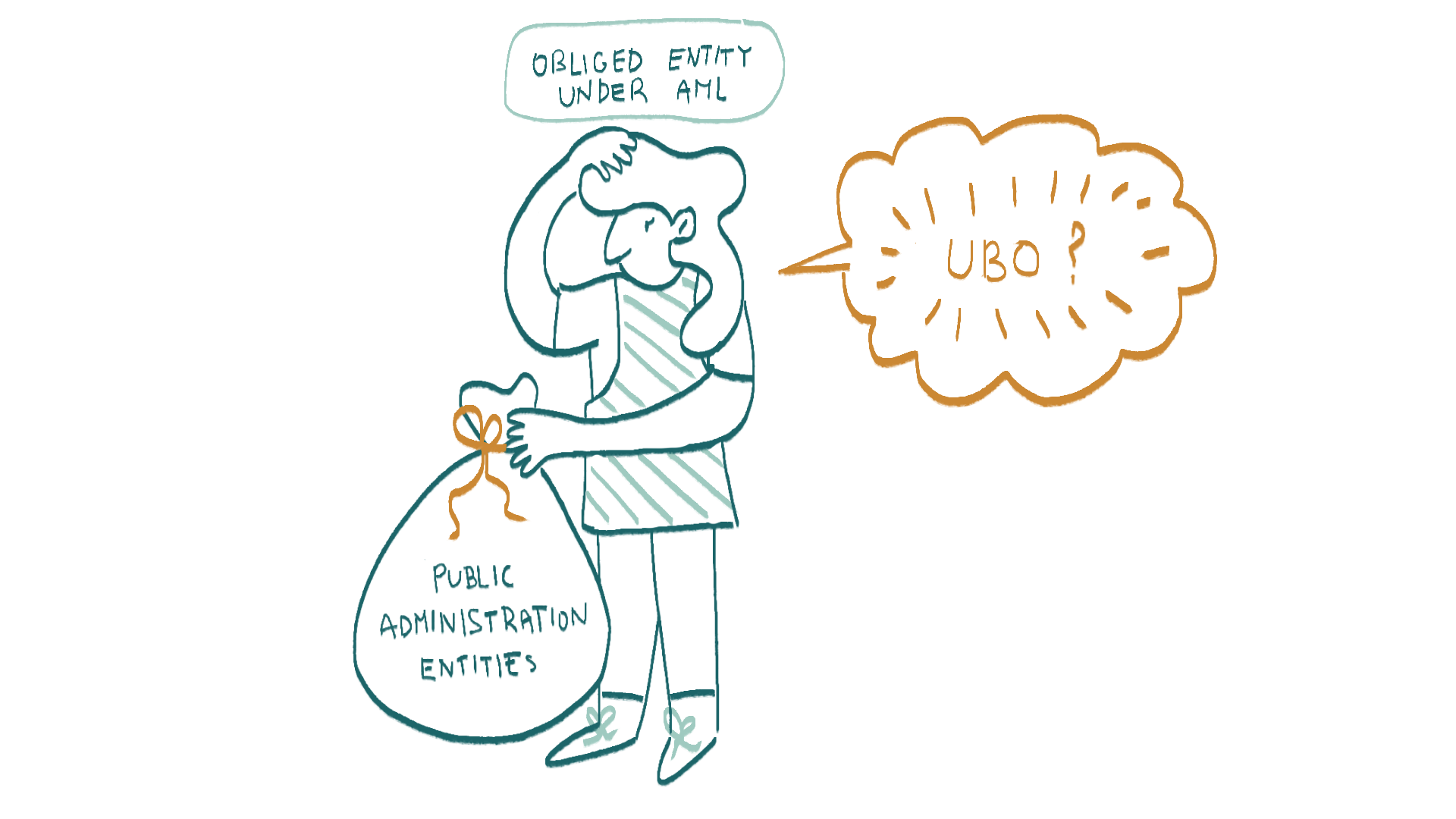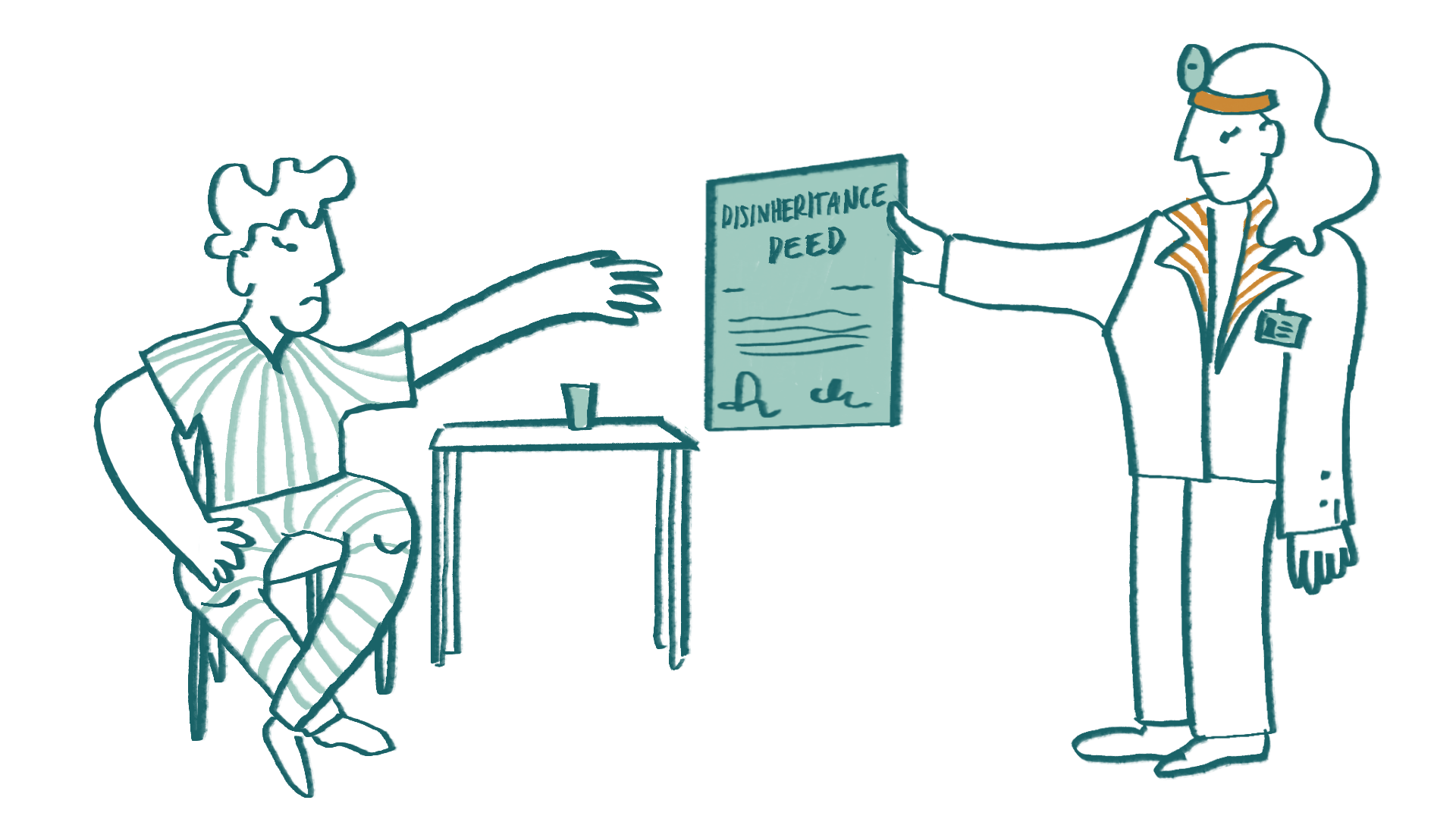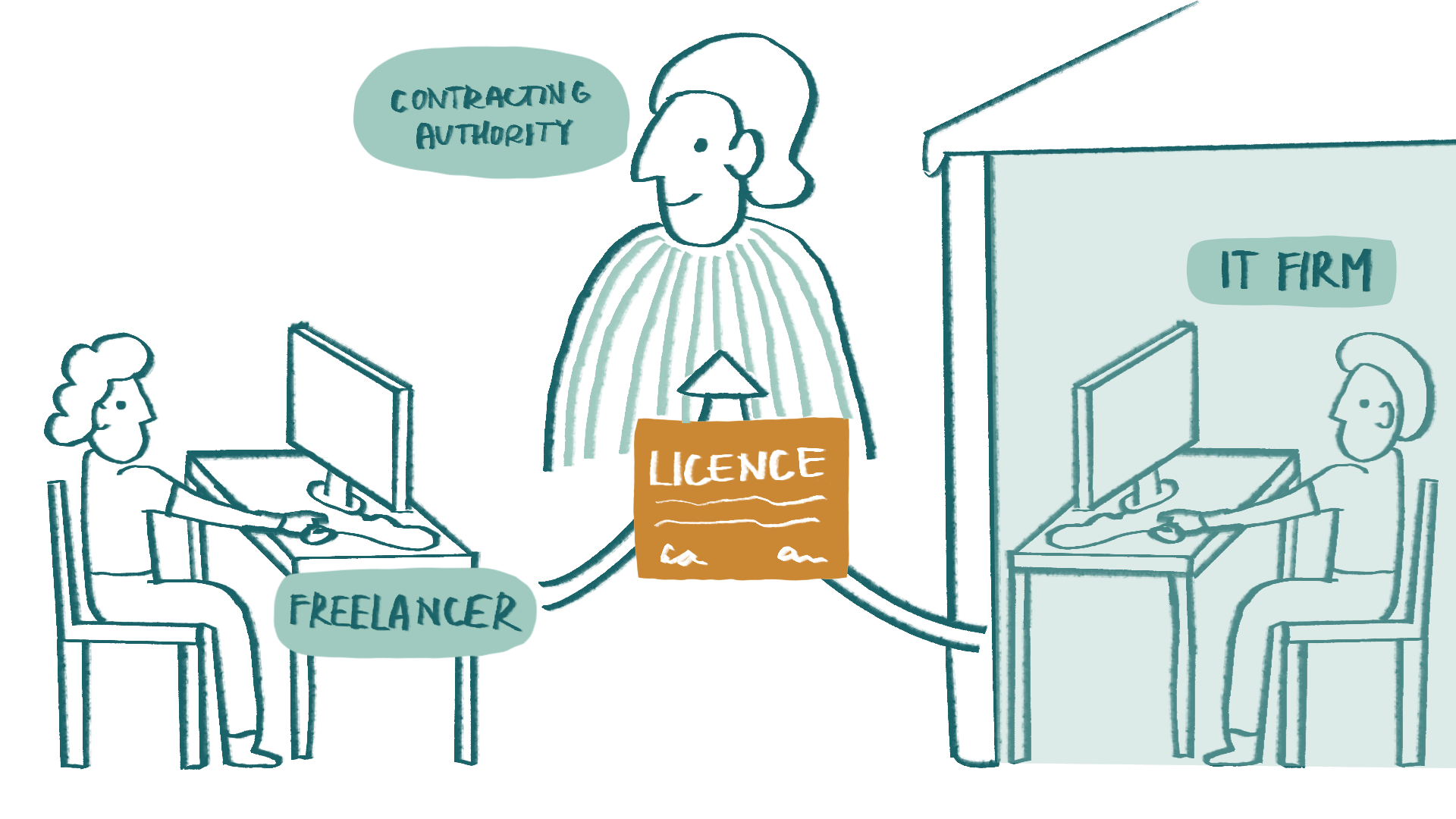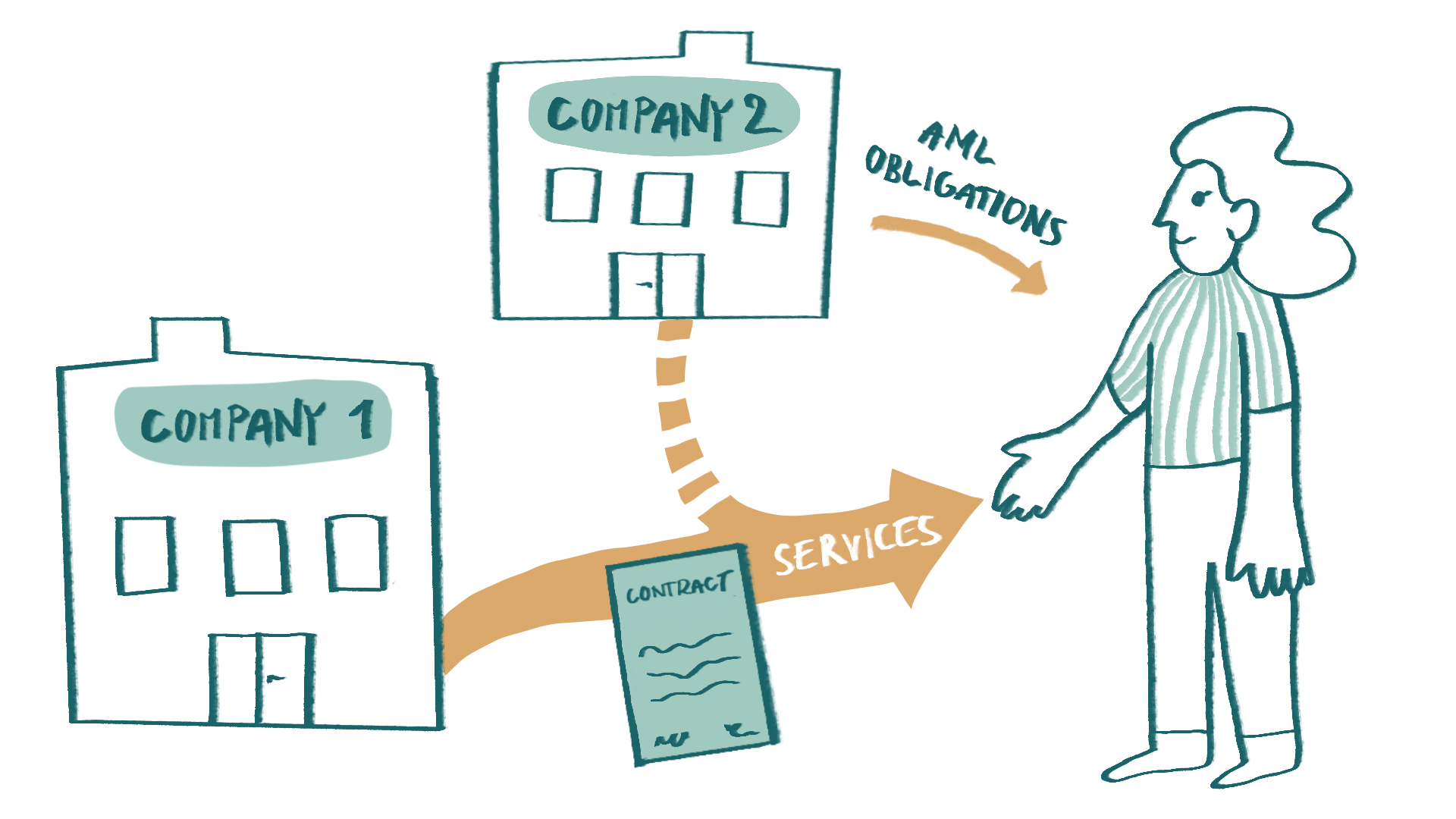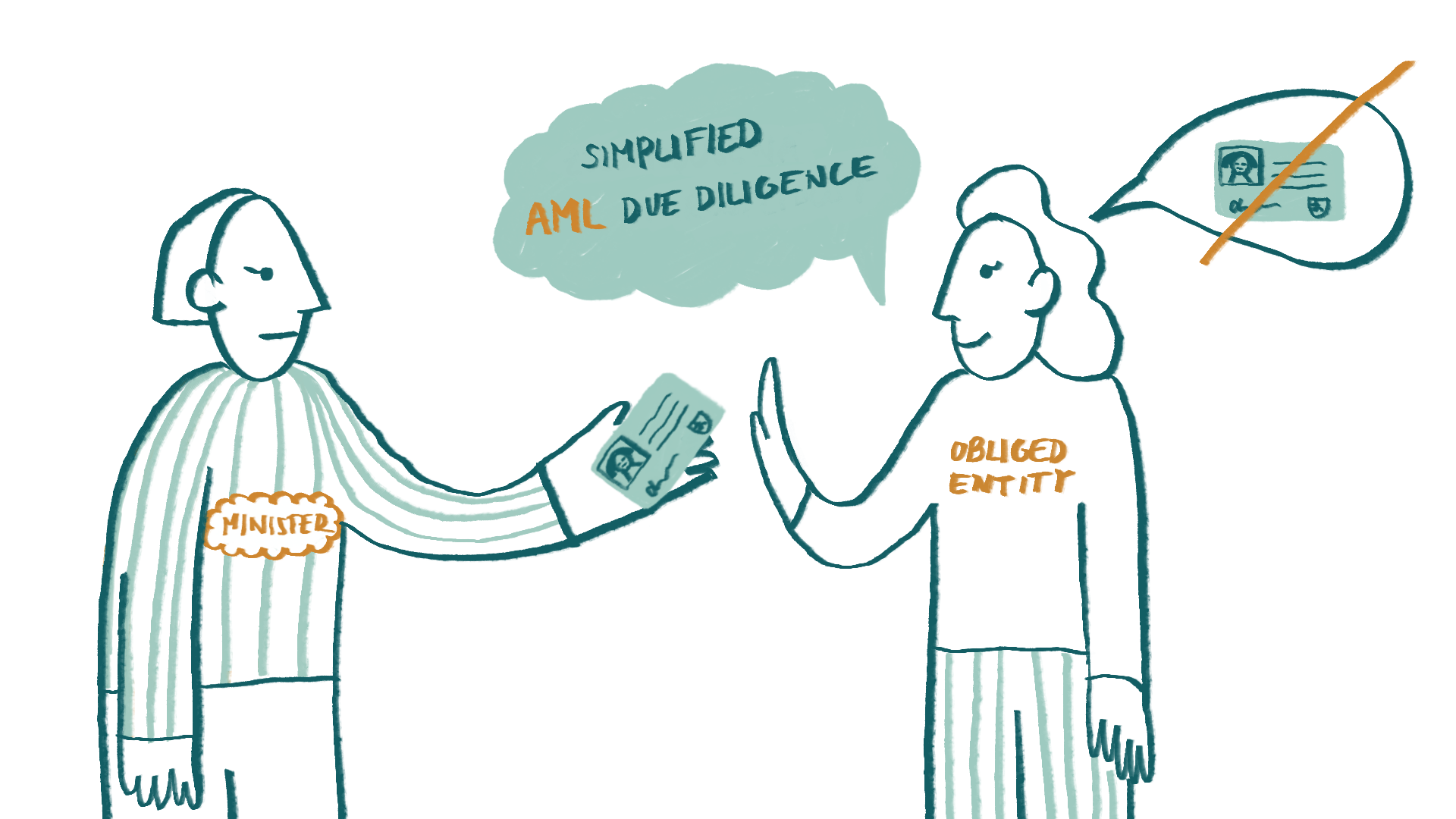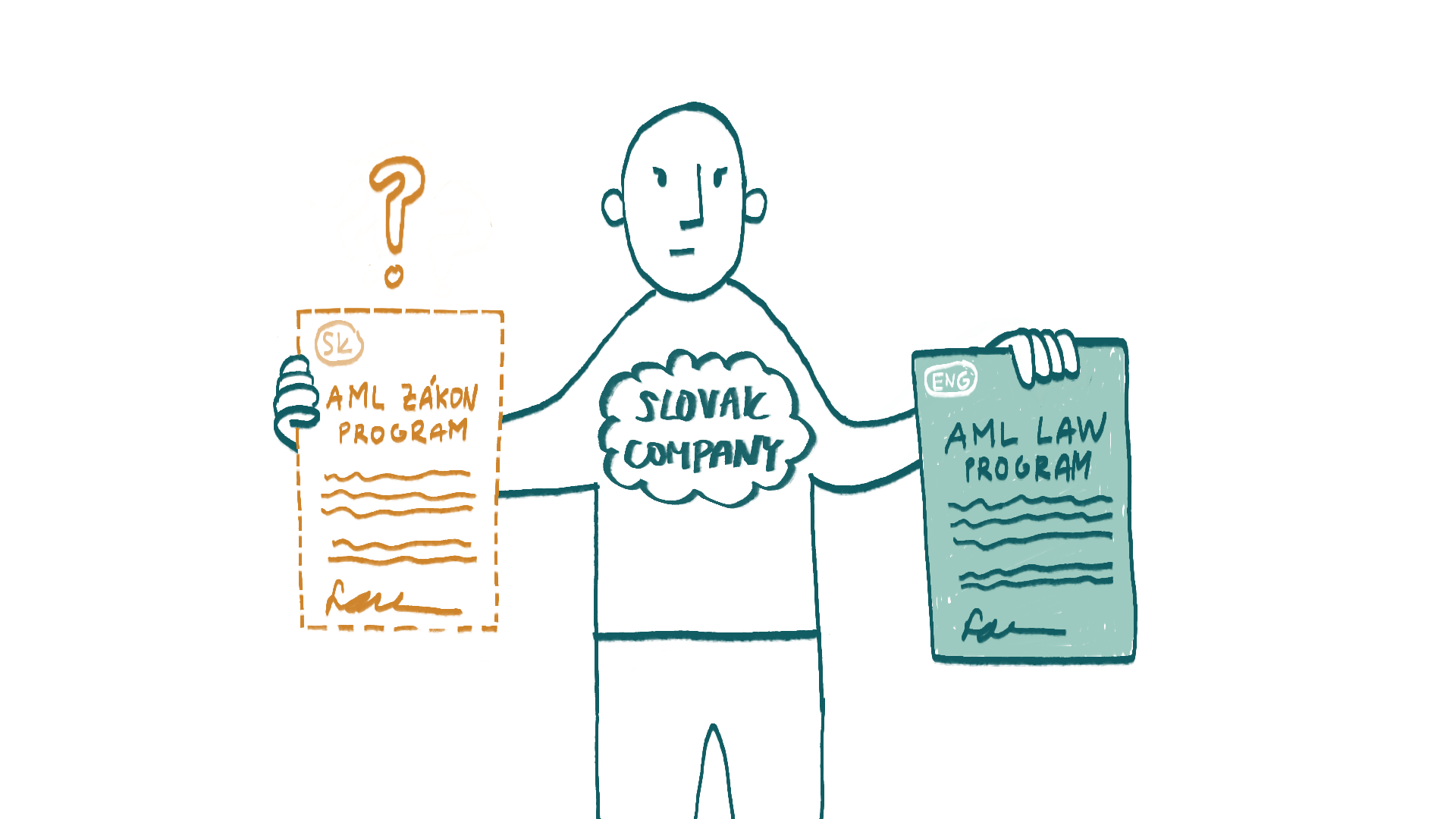Our company provides services in a very specific area of information technology combined with financial services. At present, there is a shortage of qualified workforce in this field in the labour market. We are negotiating the provision of such services with a large company, which is currently receiving these services from another company. This other company currently employs most of the qualified staff for this specific area available in the labour market. However, the current service provider is ceasing its operations in Slovakia, which is the main reason why it will no longer provide services to the client. We want to agree with the departing service provider to take over these qualified employees, similarly to how it would be done in a business transfer. However, we only want to take over the employees and do not wish to acquire any tangible or other assets related to their business. Can we conclude a contract that only involves the transfer of rights and obligations to employees without transferring any assets relating to the company the employees currently work for?
Slovak law does not recognise any specific type of contract that would enable the transfer of “workforce”. Moreover, the term “transfer” suggests that it could involve some form of impermissible trading in labour.
Upon deeper analysis, however, we can conclude that the essence of a contract whereby employees of one company would become employees of another company, without a business transfer taking place, does not necessarily imply trading in labour. The purpose of such a contract can actually be to preserve the current working conditions of the employees. Ultimately, such an agreement could ensure the labour law protection of the employees of the company that is losing (either voluntarily or due to market circumstances) a significant contract, which under normal conditions might lead to the loss of the jobs of employees.
We can also conclude that Slovak law does not preclude the conclusion of a contract whereby employees are transferred without the concurrent transfer of the business or a significant portion of its assets. The possibility of concluding a contract that involves a change of employer while maintaining the employees’ existing working conditions, in our view, arises from Section 28 of the Labour Code. This provision states: ” If an economic entity, which for the purposes of this Act is an employer or part of an employer, is transferred, or if a task or activity of an employer or a part thereof is transferred to another employer, the employment rights and obligations of the transferred employees shall pass to the new employer.”
The current wording of Section 28 of the Labour Code has been aligned with the European Transfer of Undertaking Protection of Employees (TUPE) rules. The essence of these rules is based on Council Directive 2001/23/EC of 12 March 2001 on the approximation of the laws of the Member States relating to the safeguarding of employees’ rights (TUPE Directive). The goal of the TUPE Directive is to ensure continuity of employment relationships even when the employer changes, and to ensure that the rights and obligations arising from employment contracts are preserved when the employer entity changes. There are numerous decisions from the European Court of Justice on the TUPE issue, which provide a broad interpretation of what constitutes a business transfer. Simply put, these rulings suggest that the preservation of employee rights under identical working conditions can occur not only when a business or part thereof is actually transferred (such as production or other tangible assets), but also when a particular activity, previously performed by one company, starts being performed by another company, provided that this activity retains its original identity (i.e. it is performed in the same way, using the identical procedures and based on a specific know-how). Moreover, no formal contract between these companies is necessary for this to occur.
If European case law confirms that a business entity transfer includes the transfer of a certain activity tied to established processes and know-how carried out by employees, it can be inferred that such an activity or task performed by specific employees can also be transferred. It is clear that it would be impossible to transfer an activity without also transferring the people performing it. Therefore, the transfer of an activity must be accompanied by the transfer of employees, who form the human resources component of the business entity along with the transferred activity.
Thus, in our view, it is possible to conclude a contract the essence of which will be the transfer of an activity or task rather than the transfer of employees. Based on the wording of Section 28 of the Labour Code, the legal framework links the transfer of the activity or task with the transfer of rights and obligations arising from employment relationships to the employees performing these transferred activities and tasks.
Concluding such contracts is not uncommon in current practice. These contracts are often referred to as Agreement on the Transfer of Activities and Employees, or simply as an Agreement on the Transfer of Rights and Obligations from Employment Relationships. We would recommend naming the contract simply an Agreement on the Transfer of Activity or an Agreement on the Transfer of Task. In your case, such an agreement could define the activities and tasks that were previously performed by the company leaving Slovakia, which you would specify by specific established processes and acquired know-how. You would also identify specific employees who carry out these activities, and the subject of the agreement would be the transfer of these activities and tasks to your company. As mentioned, the legal consequence of this transfer of tasks would be the transfer of rights and obligations from employment relationships to the designated employees of the leaving company to your company in accordance with Section 28 of the Labor Code.
It is advisable to specify a precise date in the agreement from which the transfer of the task to your company becomes effective (likely the effective date of your new contract with the client) and to declare that the rights and obligations from employment relationships toward the employees performing the transferred tasks, who were previously employed by the leaving company, shall transfer to you as the new employer.
The agreement should obligate the previous employer to fulfil its information duties toward the employees in accordance with Section 29 of the Labor Code, as well as the duty to notify the Social Insurance Agency, health insurance companies, and the Tax Office about the transfer of rights and obligations from employment relationships to the new employer. Note that you, as the new employer, also have these obligations toward the employees. Thus, if the transferring company fails to meet its contractual obligations, you must fulfil them. Employees must be informed at least one month before the transfer of the rights and obligations from employment relationships to the new employer, as required by Section 29 of the Labor Code. This information must include the transfer date, reasons for the transfer, the labour law, economic, and social consequences of the transfer for the employees, and any planned measures related to the transfer. If trade unions or other employee representatives exist at the previous employer, these matters must be discussed with them at least one month before the transfer.
It is important to note that apart from fulfilling these notification obligations, no further action is required in relation to the employees under the Agreement on the Transfer of Task. There will be no need to terminate existing employment contracts or sign new ones, nor will it be necessary to amend existing employment contracts. The change of employer will occur automatically on the effective date of the Agreement on the Transfer of Task.



